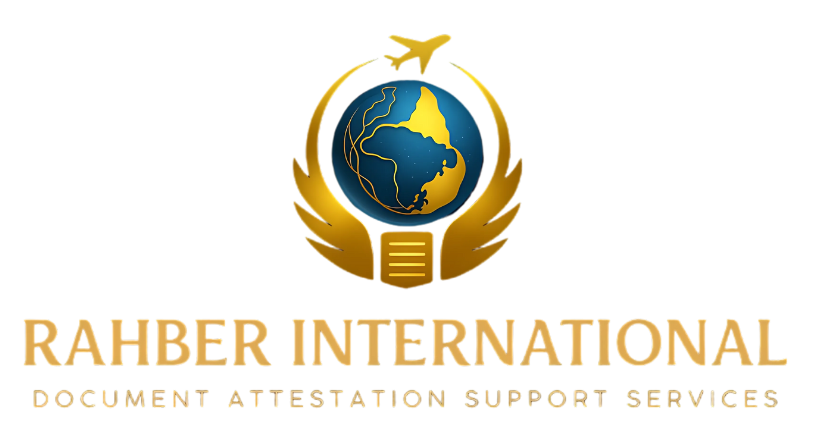Saudi Embassy & Cultural Attestation: Complete Guide for Students and Professionals
Introduction
Planning to move to Saudi Arabia for a job, business, or higher studies? Then, you’ll need Saudi Embassy and Cultural Attestation for your documents. This process ensures that your certificates and papers are officially recognized in Saudi Arabia. Without it, your documents may not be valid for employment, education, or visa purposes.
What is Saudi Embassy & Cultural Attestation?
Saudi Embassy & Cultural Attestation is the official verification process for documents like degrees, marriage certificates, and business papers.
- Embassy Attestation: Conducted by the Saudi Embassy to authenticate the document.
- Cultural Attestation: Handled by the Saudi Cultural Mission (SCM), mainly for educational certificates to verify authenticity.
Both are crucial to make your documents legally valid in Saudi Arabia.
Why is Saudi Attestation Required?
Saudi attestation is mandatory for:
- Employment: Employers require attested degrees and experience certificates.
- Higher Education: Universities ask for attested educational documents.
- Business & Migration: Legal documents like trade licenses and contracts must be attested.
Documents That Require Saudi Attestation
- Educational Documents – Degrees, diplomas, transcripts
- Professional Certificates – Specialized training, licenses
- Personal Certificates – Birth, marriage, divorce certificates
- Commercial Documents – Business licenses, partnership deeds
Saudi Cultural Mission Attestation Explained
The SCM plays a vital role in verifying educational documents. It ensures that your degree is genuine, recognized, and issued by an accredited institution. Students applying for scholarships or employees moving for jobs must get this done.
Requirements for Saudi Embassy Attestation
Educational Documents
- Original degree, diploma, and transcripts
- Verification letters from the university
Personal Documents
- Birth, marriage, and divorce certificates
- CNIC and passport copies
Commercial Documents
- Company registration papers
- Chamber of Commerce verification
Timeframe and Processing Duration
- Local verification: 1–2 weeks
- IBCC/HEC: 1–2 weeks
- MOFA: 1–3 days
- SCM & Embassy: 2–4 weeks
Delays can happen if documents are incomplete or improperly verified.
Fees for Saudi Attestation
- HEC/IBCC: Standard charges per document
- MOFA: Nominal fees
- SCM & Embassy: Higher charges depending on document type
Costs may also include courier and service provider fees.
Common Challenges and Solutions
- Missing verification → Always check requirements before applying.
- Delays in processing → Track progress and follow up.
- Rejections → Ensure correct spellings, signatures, and seals.
Tips to Ensure Smooth Attestation
- Keep both original and copies of all documents.
- Follow the proper sequence (HEC → MOFA → SCM → Embassy).
- Consider hiring professional attestation services to save time.
Benefits of Completing Saudi Attestation
- Legal recognition in Saudi Arabia
- Smooth visa processing
- Higher chances of securing jobs and scholarships
- Hassle-free settlement for families and businesses
Conclusion
Saudi Embassy & Cultural Attestation may feel like a long process, but it is essential for anyone planning to live, work, or study in Saudi Arabia. By following the right steps and preparing documents carefully, you can avoid delays and ensure your papers are officially recognized.
